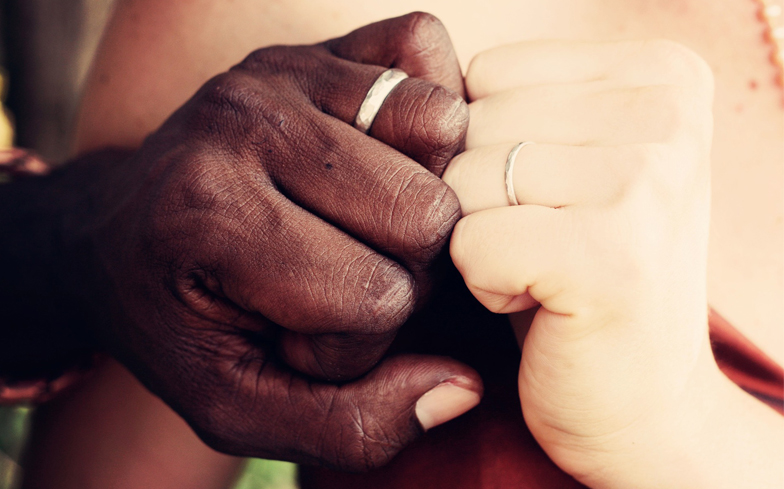
British Prime Minister Theresa May has announced that mixed-sex couples will be legally allowed to enter into civil partnerships in England and Wales.
Back in June the Supreme Court ruled in favour of couple Rebecca Steinfeld and Charles Keidan, who had fought a four-year a legal battle to be able to enter into a civil partnership with each other, instead of getting married.
Since the Civil Partnerships Act was introduced back in 2004, only same-sex couples were allowed to enter into that particular type of legal union.
However, when the Supreme Court unanimously voted in favour of Steinfeld and Keidan back in June, it was up to the government to decide to accept the ruling for not.
After considering scrapping civil partnerships altogether, Theresa May has now confirmed that all couples will be able to enter into a civil partnership as an alternative to marriage.
“This change in the law helps protect the interests of opposite-sex couples who want to commit, want to formalise their relationship but don’t necessarily want to get married,” May said.
“Now, by extending civil partnerships, we are making sure that all couples, be they same-sex or opposite-sex, are given the same choices in life.”
When the Marriage (Same Sex Couples) Act 2013 legalised same-sex marriage in England and Wales, same-sex couples could choose which type of union they wanted. Mixed-sex couples, however, only had marriage as an option if they wanted legal and financial protection in their relationships.

© Crown Copyright / Jay Allen
The Supreme Court ruled that the Civil Partnership Act 2004 was incompatible with the European Convention on Human Rights, which played a major role in their decision.
Speaking about why they wanted a civil partnership instead of marriage, Steinfeld and Keidan said the “legacy of marriage… treated women as property for centuries” and therefore was not an option for them.
They added: “We want to raise our children as equal partners and feel that a civil partnership – a modern, symmetrical institution – sets the best example for them.”
Ministers will now consult on the technical detail of what a civil partnership for all couples will looks like, taking into consideration “a number of legal issues to consider, across pension and family law.”
Equalities Minister Penny Mordaunt added that the government hopes to have the change in law happen “as swiftly as possible”.
Following the ruling, the Scottish government are now carrying out consultation on allowing mixed-sex couples to enter into civil partnerships.
Northern Ireland, meanwhile, remains the only nation within the UK that does not allow same-sex marriage.



